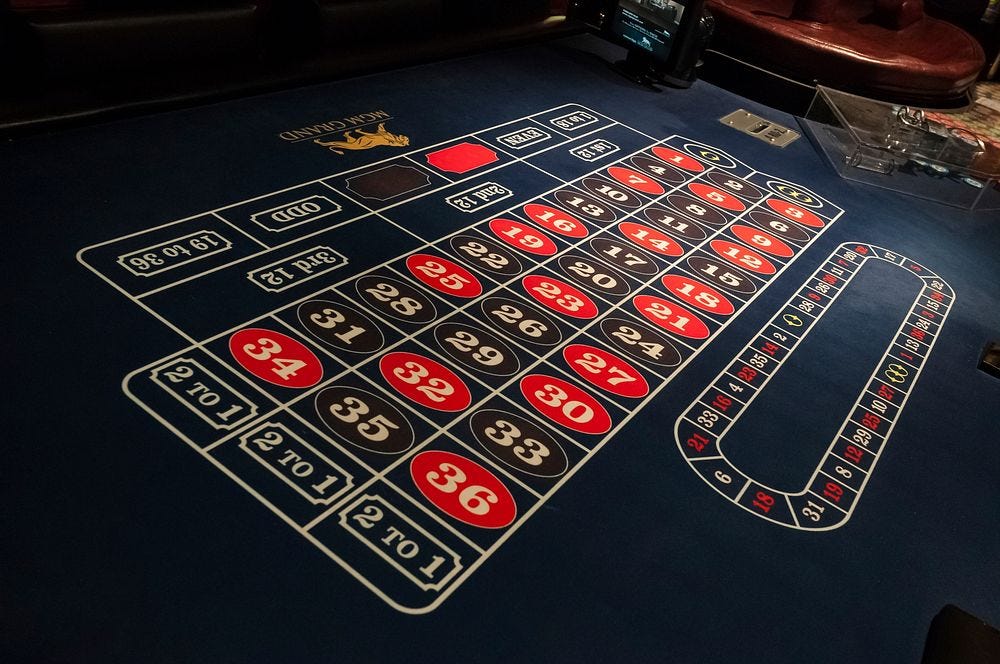Launching another venture
The vision for BetHog is to capitalize on the swelling momentum of crypto and online gaming by innovating the industry as a whole.
“The crypto casino market has seen dramatic growth over the past few years driven by innovations like provably fair games, robust VIP programs and streaming,” said Eccles. “With BetHog, my goal is to innovate even further by bringing unique and highly visual games to market.
“I want to offer users unique play-along and skill-based titles, combined with a robust VIP offering, but most of all, this is about maximizing fun for our users!”
The platform will use the Solana blockchain. It supports Bitcoin, Ethereum, and USDT. It is available to a variety of regions worldwide but will be restricted in the U.S. in accordance with state online casino rules.
Connecticut, Delaware, Michigan, Nevada, New Jersey, Pennsylvania, Rhode Island, and West Virginia permit licensed online casino operations. However, none of them are allowed to accept Bitcoin or other cryptocurrencies.
“We are thrilled to be backing Nigel and the entire team at BetHog on this investment,” said Serge Kassardjian, General Partner at 6MV, one of the investors. “We think they are perfectly positioned to unlock this massive opportunity to build the most innovative online casino and betting platform of this era of crypto.
“We believe this will bring in a diverse audience of crypto and non-crypto gamers to enjoy this differentiated and fun gambling experience.”
Plans for growth
To kickstart BetHog’s innovation in online crypto gaming, it is offering exclusive games of skill such as HODL (Crash for meme coins), Thermonuclear Boars, and Liar’s Dice.
Eccles already broke into the crypto-gaming scene with BetDE, a Web3 betting exchange platform that offers peer-to-peer betting and claims to not limit winning accounts.
Eccles and Jones left FanDuel in 2017 shortly before sports betting was legalized in America. They plan to use their experience dealing with problems at the company to maintain a better business plan for BetHog, which is in a sector of the gambling industry that is much smaller than the traditional sports betting scene.
The co-founders also plan to use targeted marketing strategies to appeal to a niche audience since the platform only accepts crypto payments.
Eccles and Jones founded FanDuel in 2009. As of this summer, the platform owned a 35 percent market share of the American sports betting industry.




































